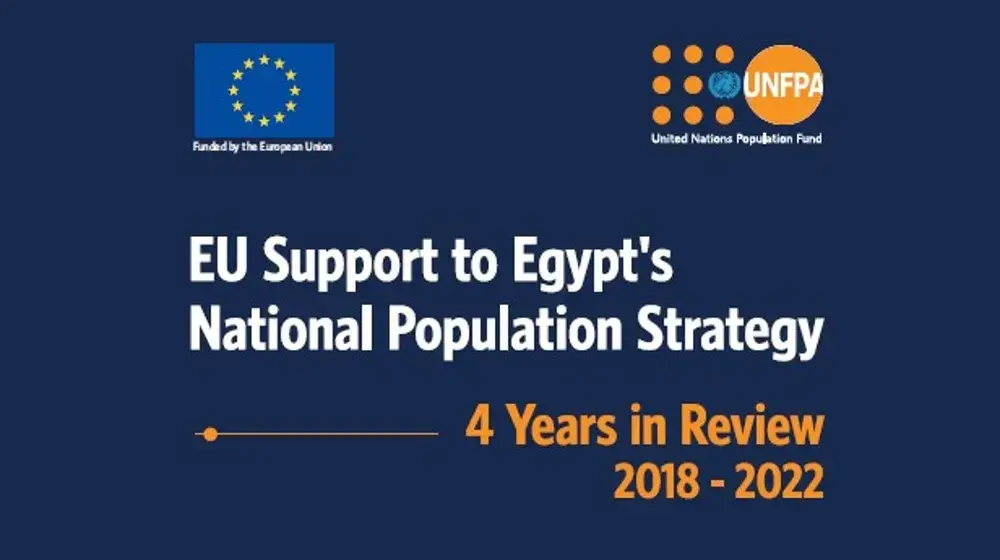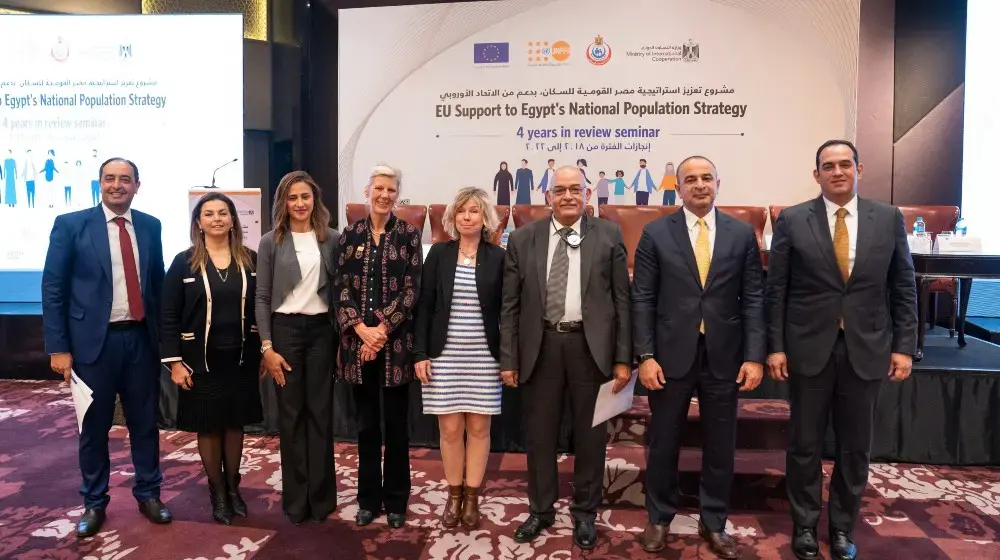Video
A pregnant COVID-19 patient’s road to delivery and recovery
Just as soon as she started her 9th month of pregnancy, Mayada Reda started feeling feverish and had a slight cough. She began to worry when she lost her sense of taste and smell.
“I texted my doctor and I explained to her how I was feeling and she told me these are symptoms of COVID-19,” she recalls.
Mayada was tested then returned home and decided to self-isolate. She remembers hoping to deliver her baby safely, and then think about her own recovery from the coronavirus.
Her family, who live in the same building, helped prepare a room for her where she can spend her quarantine period.
“I had to stay away from everyone in my family, including my 5-year-old daughter Farida,” she says.
But Mayada preferred a different room than the one set up for her.
“I chose another room that has a window overlooking other windows in the building, that way I can talk to everyone and know how everyone is doing,” she says.
Mayada felt solace in hearing Farida’s voice through the window as she played with her cousins in the building.
A few days later, Mayada went into labor. She had to deliver in a quarantine hospital, which brought together other pregnant COVID-19 patients, thanks to Dr. Yehia Diwar.
Dr. Yehia, a gynecologist and head of emergency, was quarantining at a hospital in 6th of October and proposed to the Ministry of Health and Population that they transfer all pregnant COVID-19 patients to that hospital so he can follow up with them.
Since COVID-19 pandemic started to spread in Egypt, he delivered 10 COVID-19 patients and is following up with 12-15 more.
“As soon as they pulled the baby out, the doctor told me to look to my left,” Mayada recalls, “he showed me the baby and said ‘that’s Mohamed, can you see him?’ I said ‘yes, I can,’ then they took him away.”
Mayada was separated from her baby for a week, until both her test and that of her baby’s came back negative and they both returned home.
Dr. Yehia advises pregnant women to stay home and not risk their health and that of their babies’. He explains that the virus affects the mother’s oxygen levels and may in turn affect the baby’s oxygen levels.
He adds that he has been following up with his pregnant patients over the telephone or via video conferencing, unless it is necessary for them to pay him a visit at the clinic.
He also advises pregnant women to get checked out as soon as they start to feel symptoms.
“The sooner you detect the symptoms, the better your chances are at treatment and recovery,” he says.
UNFPA developed Standard Operating Procedures (SOPs), in the form of a flow-chart, in close collaboration with the Egyptian Ministry of Health and Population, for antenatal care and postnatal care services during the COVID-19 pandemic at the primary level, as well as delivery at the secondary level including in isolation sites.
While there is no scientific evidence indicating pregnant women have increased susceptibility to COVID-19 or increased risk of adverse outcomes, pregnant women commonly undergo physical changes that can make them more vulnerable to experiencing serious respiratory infections.
UNFPA advises that they be treated with utmost priority.
According to the World Health Organization, there is also no evidence to suggest COVID-19 can be transmitted vertically, meaning from mother to fetus during pregnancy or delivery. There is also no evidence it can be transmitted from mother to child during breastfeeding.
Symptomatic mothers well enough to breastfeed should wear a mask when near a child (including during feeding), wash hands before and after contact with the child (including feeding), and disinfect contaminated surfaces.
As for Mayada, she reflects on her experience and is thankful that it passed smoothly.
“The most important things are your nutrition and your mental wellbeing,” she advises other expectant mothers, “If you maintain both, then consider yourself recovered.”



